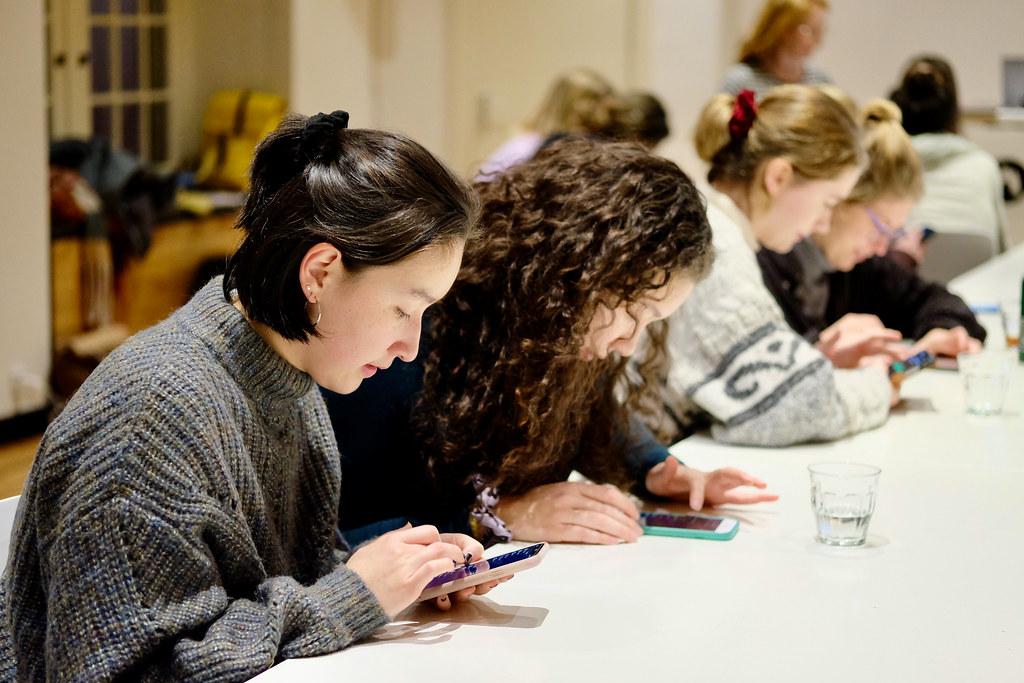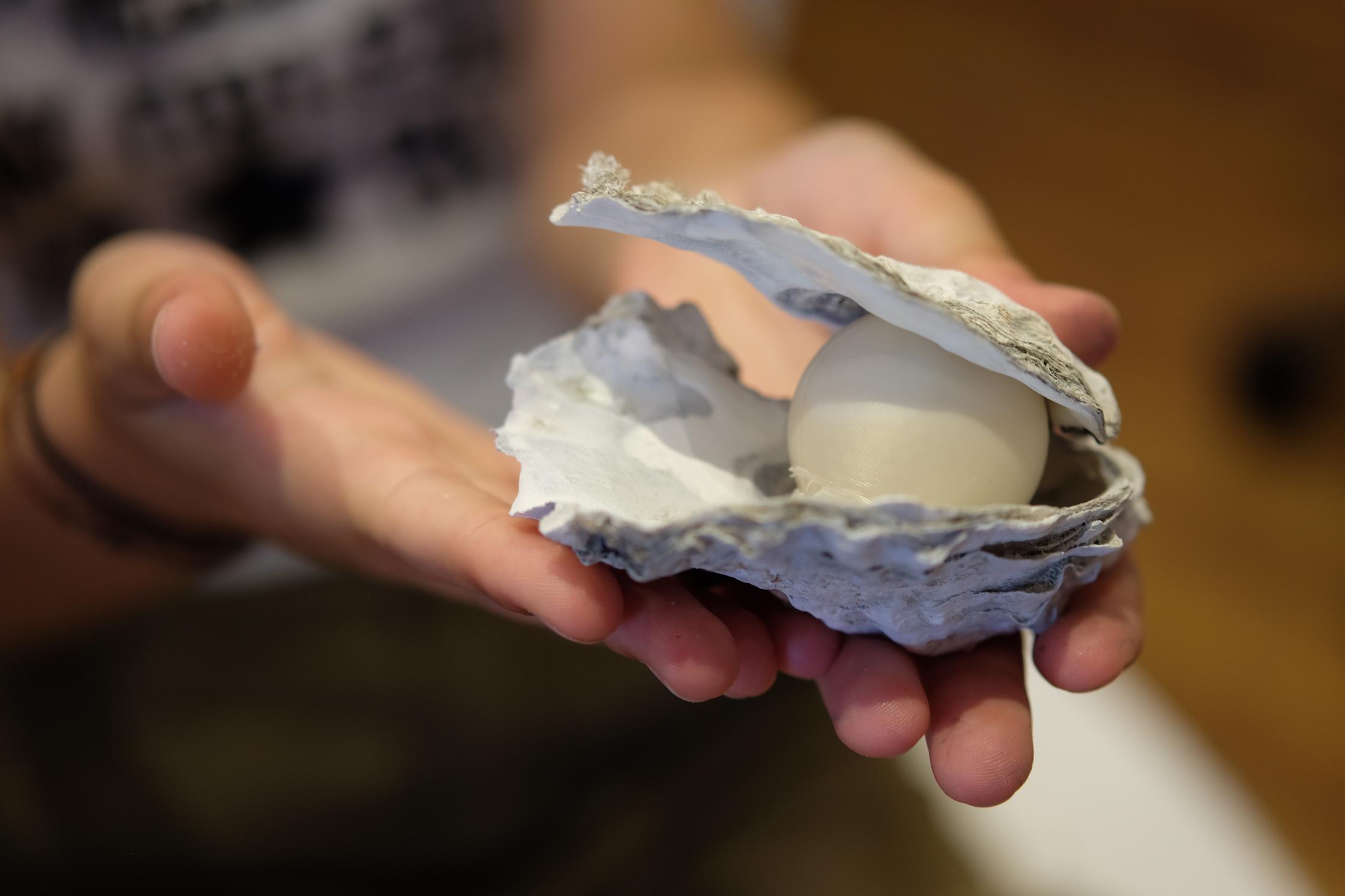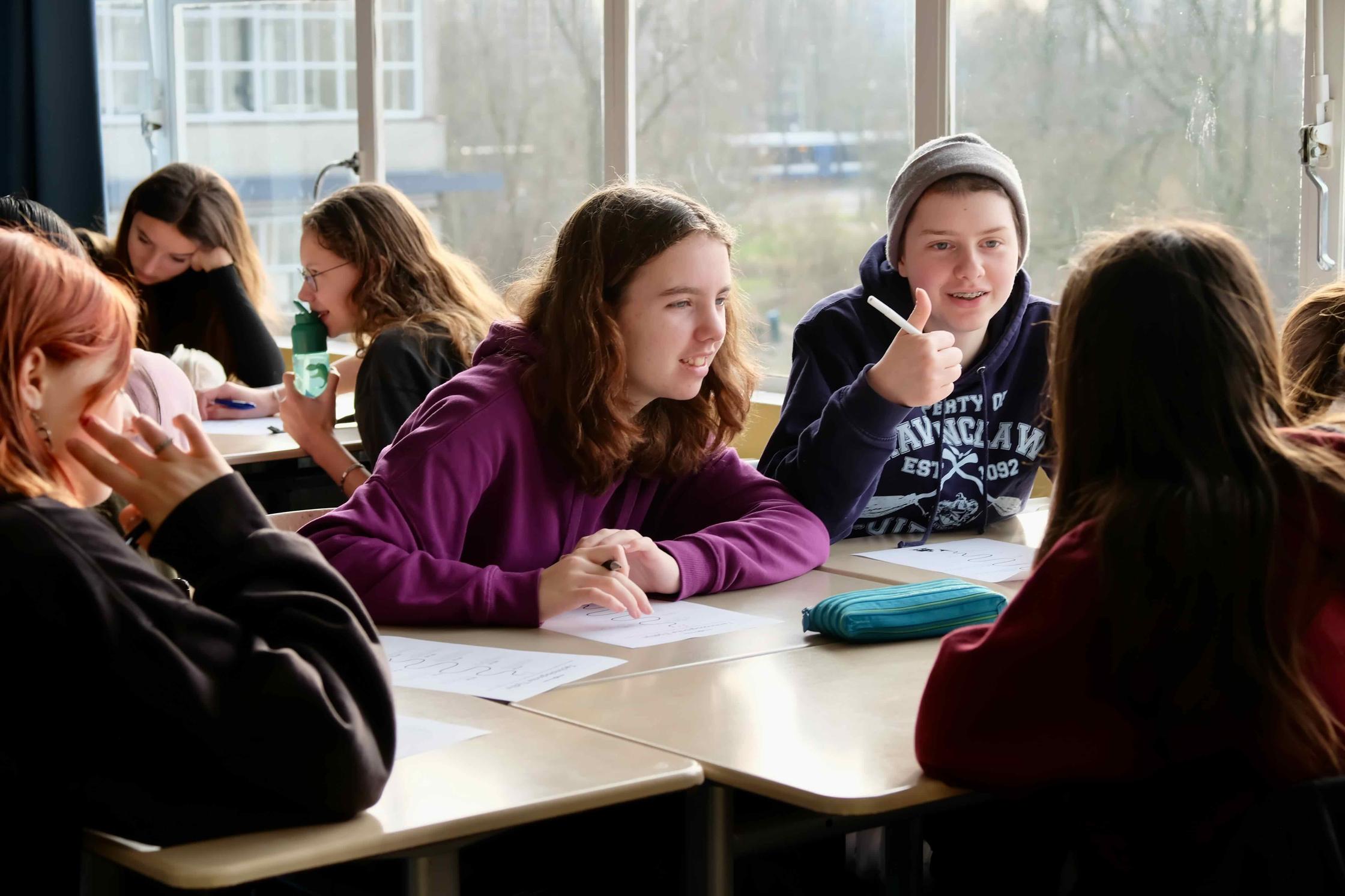To what extent do we own the technology we use? We use technology on an ongoing basis for everyday things. We own our smartphones, which enable us to send e-mails, make restaurant reservations, or navigate to a destination, but we need to own the systems that make these actions possible. Ultimately, the companies that create and manage these systems determine what interests they serve and how you use them. Technology is far from neutral.
As technology users, we usually only see the user interfaces the screen of our phone, our internet browser, the dashboard of our car but beneath the surface lies a complex network of innovations and ideas. These technological applications, on which we are increasingly dependent, are largely managed, directed, and determined by companies that design and make them companies with their own agendas and interests.
As technology plays an increasing role, young people face the challenge of not only being consumers but also active and responsible citizens in digital society. With the Technological Citizenship research project, we explored how to help young people navigate the complex digital world and give them insight into the design processes that precede it.
As a user, are you in charge of your own socials?
The study found that, despite their positive perceptions of digital technology in everyday life, participating learners see themselves mainly as consumers of technology and have little motivation to take ownership of the technological devices they use. While they see themselves as experts in using technology, they have a limited understanding of other expert roles as designers or owners.
The interviews often revealed that these young people see themselves as experts in the technology they use, especially social media. This expert role is then mainly in terms of social media use, noted Eva Vesseur, a researcher at Waag Futurelab.
"The students were hugely critical of technology and of us as a research group. Were we a representative representation, and how would we ensure we could ensure that? Yet they seemed to need more help holding their own in the Wild West of social media. Many young people report regular encounters with bullying behaviour, privacy violations, peer pressure and feelings of stress. Unsurprisingly, they already have enough work to do and may, therefore, need more motivation to get a grip on the design process. While that motivation is so important because that's where everything starts."
The workshops positively affected students' autonomy and collaboration skills, but the school context sometimes led to a lack of motivation and engagement. However, identifying 'citizenship moments' that capitalise on students' existing qualities can help further develop their technological citizenship. These findings highlight the importance of educational initiatives encouraging young people to engage critically and responsibly with technology in society.
Technological Citizenship
In the ClickNL-funded research project Technologisch Citizenship, Waag colaborated with Stichting Designathon Works, New Tech Kids, and the Rathenau Instituut. The central question underpinning this research is how young people can not only learn to use technology and become active participants in shaping the digital world they live in.
Working method
For the research project Technological Citizenship, Waag organised expert sessions and workshops in collaboration with previously mentioned partners. The research included two case studies in which 40 students aged 15 to 17 participated in design workshops, in which the researchteam looked at how creative making processes can contribute to developing citizenship skills and critical thinking. During the workshops, pupils were challenged to design prototypes based on their interests and intrinsic motivation.
Youngsters as critical users
The study's main conclusion is that young people can play an active role in shaping an inclusive and equitable digital society. In the creative-making processes and workshops we organised for the research group, it was found that participating young people can not only use technology but also contribute to its development. The research highlights the importance of involving young people in decision-making processes and stimulating their critical thinking, essential for promoting technological citizenship and a democratic digital society.
Potential next step for research
An interesting next step would be to facilitate intensive citizenship moments with young people outside a school context and explore how they become motivated to take ownership of the technological devices surrounding them.
Want to be kept informed about similar projects and workshops?
Subscribe for the themed newsletter ‘Maker education, digital and cultural heritage’ (in Dutch).


